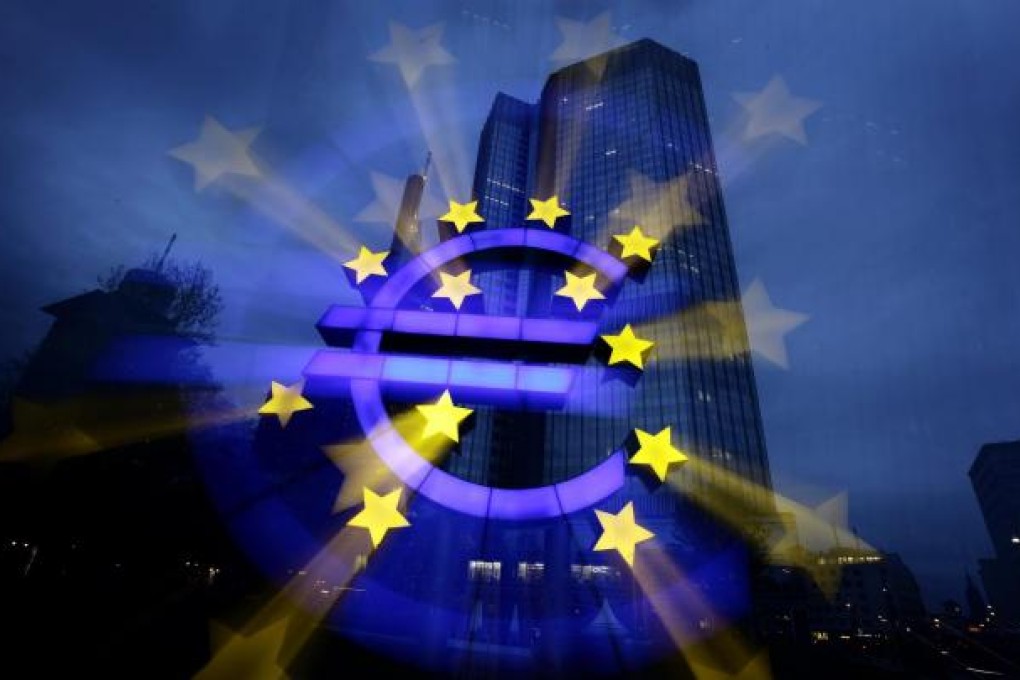Buying a little more time
Analysts warn policymakers to address structural issues, writesSusie Watkins Polakova

Doing whatever it takes has become something of a mantra when it comes to dealing with the euro-zone crisis.
"We want to do everything we can to save the currency," says the head of the European Central Bank.
"We want to do everything we can to keep the Greeks in," says the German Chancellor Angela Merkel.
"We want Germany to do everything - or nothing," says the international financier George Soros.
However, as Mr Spock from Star Trek was oft to say, euro supporters may find that having is not so pleasing a thing as wanting.
In the past few weeks the international financial community, politicians and bankers, have imposed a grand plan to save the euro, gone further and committed more than has ever been committed to save the currency, but most analysts are wondering if it is worth saving in its current form.